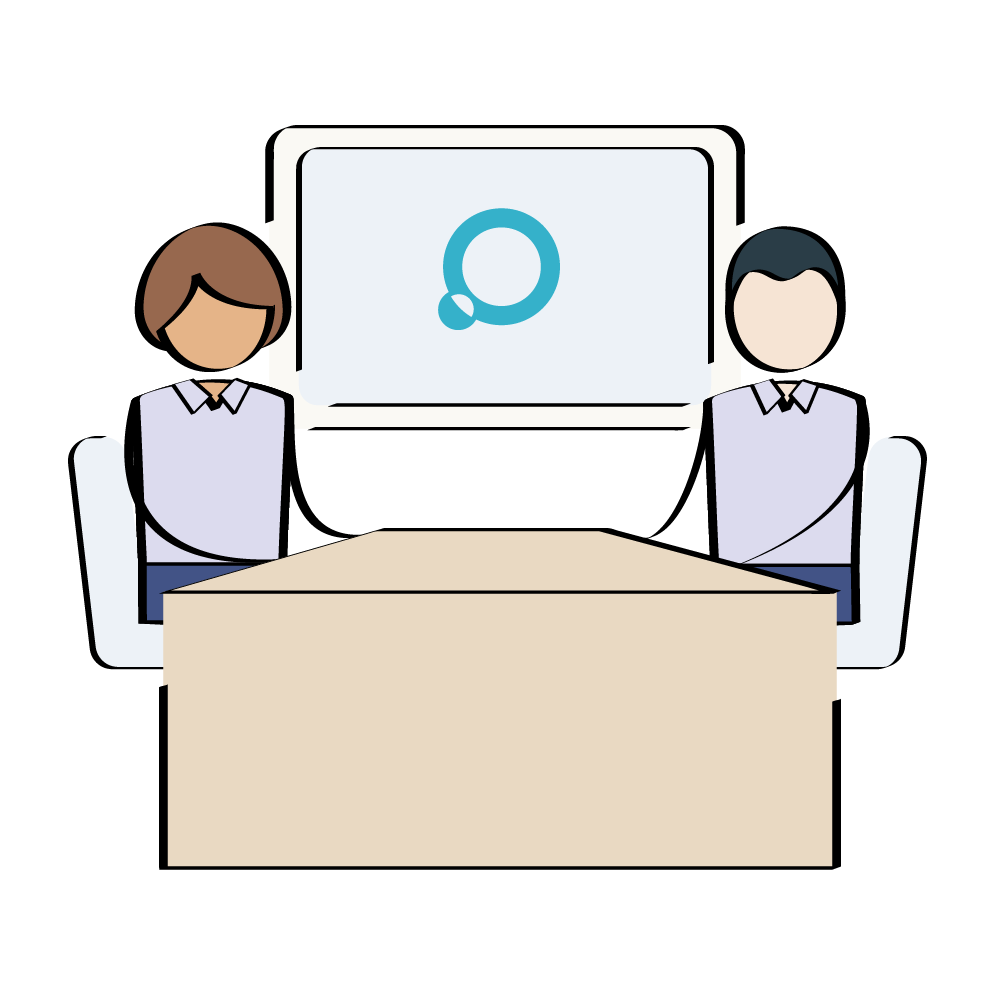Career Exploration is Overwhelming
When students first step onto a college campus, they’ve spent their lives focused on getting there. The SATs, the APs, and application essays are all-consuming; there’s barely any space left to ask, “What comes next?”
And then college begins. It may be the first time they’re living alone, managing their own finances, and figuring out laundry. Most students are just trying to get through the week. If they’re intentional, they might start thinking about what to do that summer, but rarely what they want to be doing 10 years from now.
In just a few semesters, students are expected to pick a career path, secure an internship, and speak fluently about their professional goals. There are endless possibilities, but not enough time - or information - to explore them all. The first step is usually getting some advice, which is a good starting point, but this kind of information can be narrow in scope and colored by personal experiences.
“Want to make a lot of money? Try finance.”
“Not sure if finance is for you? Try consulting, it’s similar.”
“Tech pays well and has good work-life balance”
So where do they turn? They might talk to a career coach who helps them reflect on their interests and shape a plan, but that conversation can be intimidating if they don’t know what’s possible or what they want. They might turn to ChatGPT, join a club, or talk to an upperclassman, but all of these options require time, initiative, and often a bit of luck to piece together a clear picture.
Without real-world context, students often choose a path based on limited information, and even less confidence.
Industry Understanding Acts As A Compass
The real question students are asking isn’t “What job should I get?” It’s “Who do I want to be?” And no one, not AI, parents, or even a coach, can answer that for them. They have to uncover it for themselves. And one thing we can do to support the discovery is give them the tools to make that decision with confidence.
Industry learning is one of those tools. Understanding an industry gives students more than knowledge - it gives them direction.
Learning about an industry helps students envision what a future a given field might look like, so they can say, “Yes, I want this,” or “No, this isn’t for me.”
Take the insurance industry. If a student can learn about:
- Different types of insurance products (property and casualty vs. life vs. health)
- How they make money (underwriting and investment income)
- The many roles across the business (from capital management to underwriting to claims)
…they now have the context in which they can place themselves and picture what the work feels like. Suddenly, a student realizes that working in insurance might mean doing finance, actuarial work, claims operations, or B2B marketing. And they can begin to ask, does this align with who I am?
The answer becomes an internal compass that guides their choices, sharpens their decisions, and accelerates their momentum.
With an understanding of how an industry works, students are better equipped to:





.png)

.png)


